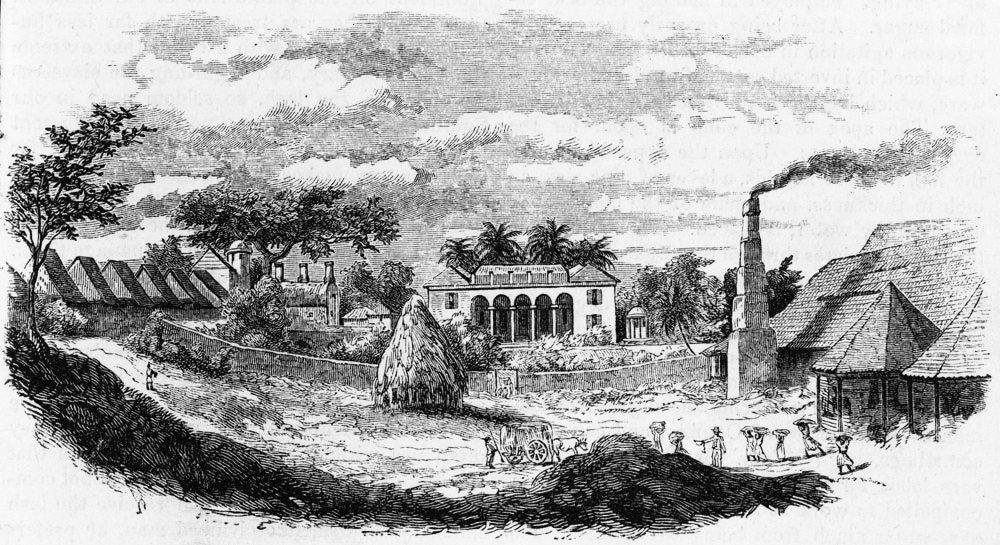Richard E. Morris, Ph.D.
Social Struggle and Civil Society in Nineteenth Century Cuba
Copyright © 2023 by Richard E. Morris
ISBN: 9780367724139
186 pages
“What is refreshing about the book is how it not only finds new angles with which to approach slavery and independence but also includes essays addressing new topics to help one better understand the social, political, and cultural dynamics shaping nineteenth-century Cuba beyond slavery and warfare. (…) There is a little something for nearly everyone in these crisp, insightful essays: race, ethnicity, gender, resistance, economics, labor, slavery, architecture, urban planning, culture, literature, war, and more. Edited collections can sometimes be unwieldy endeavors, but that is not the case here. Morris has brought together works that speak to each other while nuancing our understanding of the complex dynamics shaping Cuba in its last century under Spanish rule. For researchers, the essays urge us to consider these approaches anew. For teachers looking to refresh lectures and modules on nineteenth-century Cuba, Morris’s book provides a wealth of new insights that can enliven the classroom.”
—Kirwin R. Shaffer, Global Studies, Pennsylvania State University
(2024. NWIG: New West Indian Guide 98(1/2).161–62)
This collection of research from Cuba scholars explores key conflicts, episodes, currents, and tensions that helped shape Cuba as a modern, independent nation.
Cuba in the nineteenth century was characterized by social struggle. Slavery, Spanish colonial rule, and racial tension permeated every corner of Cuban life—from urban dwelling to house of charity, from sugarcane field to tobacco vega, from seaport to railway—and furnished a lively spectacle for the privileged foreigner gazing upon Cuba from afar. Chapters discuss topics including slavery, gendered forced labor, indentured labor, agricultural economics, industrial development, newspaper and print culture, and the origins of the “Cuba Threat.” The volume links key aspects of Cuba’s history, such as social conflict and economic underdevelopment, to present a detailed analysis of Cuban civil society in the 1800s.
Social Struggle and Civil Society in Nineteenth Century Cuba appeals to general readers and scholars in a range of disciplines, including history, women’s studies, economics, architectural preservation, media studies, and literature.
Table of Contents
Introduction
Richard E. Morris
1. Transformations of the Cuban Plantation System and the Transatlantic Slave Trade During the Long Nineteenth Century
William C. Van Norman, Jr.
2. Tobacco in the Age of Cuba’s Second Slavery
William A. Morgan
3. A Racial Economy of Care: Incarceration, Labor Extraction, and Charity in Cuba’s Nineteenth-Century Slave Society
Bonnie A. Lucero
4. Breaking Chains: Resistance, Freedom, and the End of Chinese Indentured Labor in Cuba
Benjamín N. Narváez
5. Cuban Industrial Development and Its Heritage
Ilka Pell Delgado
6. Dreams and Nightmares in the Planter’s Metropolis
Asiel Sepúlveda
7. Bullfights, Cockfights, and Other Evils: Origins of the “Cuba Threat” in U.S. Travel Literature
Richard E. Morris
Professor of Spanish & Linguistics
Department of World Languages, Literatures & Cultures
Office: Rm 310, Boutwell Dramatic Arts Building (BDA)
Middle Tennessee State University
Murfreesboro TN 37132
+1 (615) 898-2284 | rmorris@mtsu.edu
